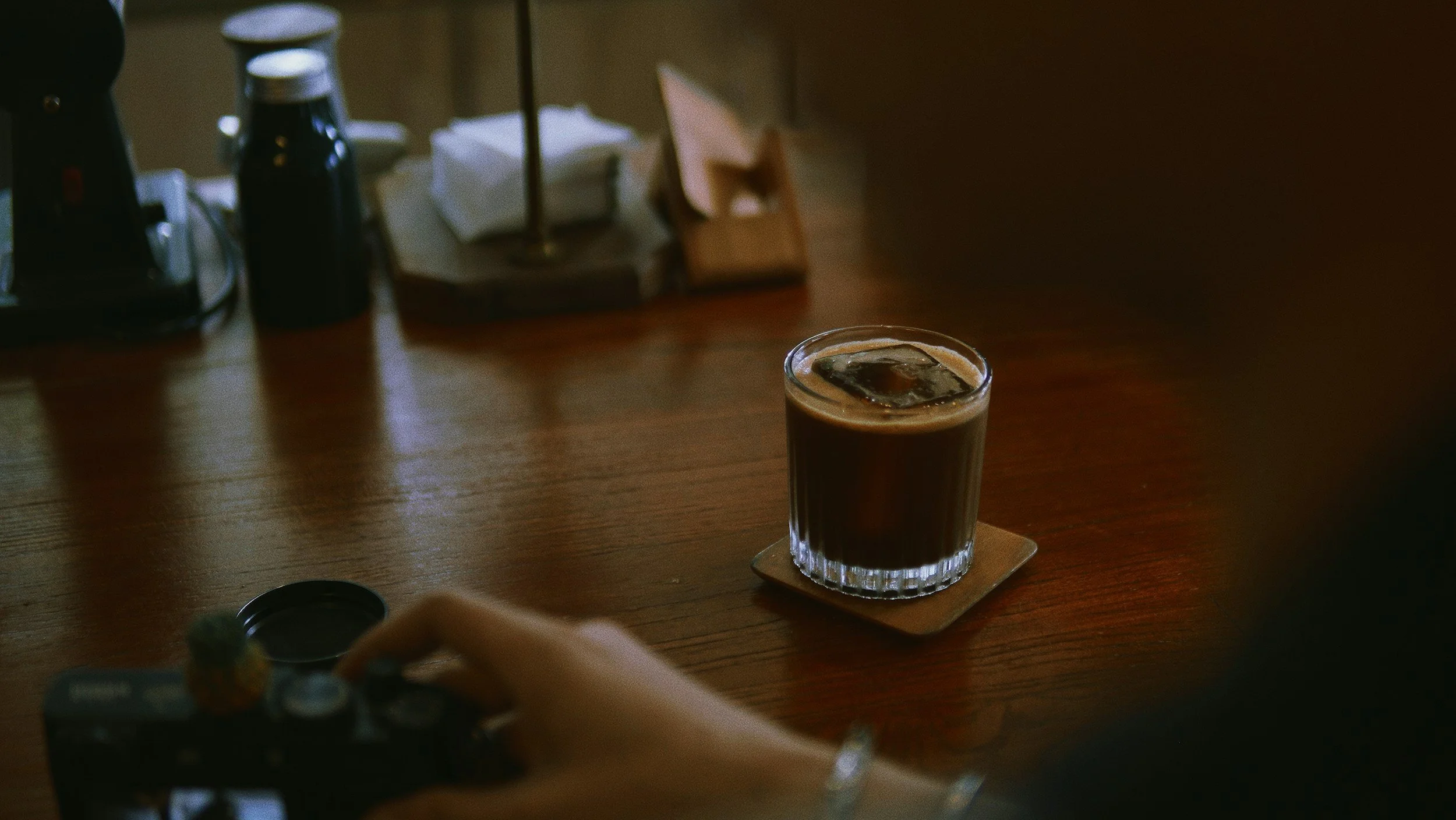From Lattes to Late Nights: Why Connecticut Coffee Shops Seek Liquor Permits
Across Connecticut, some independent coffee shops and bakeries have discovered a simple way to boost revenue, extend their hours, and strengthen community ties: adding beer, wine, or cocktails to the menu. A liquor permit can transform a daytime café into an all-day watering hole and a popular third space.
The Business Case
Alcohol sales are among the highest-margin items in the hospitality industry. A glass of wine or a local craft beer can earn far more than a latte or sandwich, while requiring less labor and inventory management.
Sarah Gardner Borden, owner of Cantean in Hamden, saw this firsthand after opening her business in 2023. “Making a sandwich is much more challenging than pouring a glass of wine,” she said. “It’s very low labor, high return.”
Cantean’s beer, wine, and premixed cocktail options not only brought in higher-margin sales but also made it possible to host evening events. “Even if people don’t order alcohol, being open later boosts sales across the board,” Borden explained. “It’s being open at that time and having the different menu—that’s part of the whole thing.”
Cocktails like Irish coffee and espresso martinis are natural menu additions for cafés with liquor licenses
BRANDING: a Third Place for Community
Coffee shops that add alcohol aren’t turning into bars—they’re evolving into true “third spaces.” With a liquor permit, owners can host open-mic nights, trivia, poetry readings, or casual happy hours that draw neighbors in after work.
Cantean has experimented with live music, themed happy hours, and even a tarot card reading night. Borden says events like these invite a broader audience: “We get a lot of young parents who want to go out and have a drink, get something to eat—but don’t want to be stuck at the table with kids,” she said. “At our place, they can relax and play board games while the kids have gelato.”
The shift also helps independent shops stay competitive as national coffee chains expand. When a larger chain announced plans to open nearby, Borden decided to lean into Cantean’s identity: “We realized we’re really more of a café—a hybrid of a restaurant and coffee shop,” she said. “We have food, live music, and alcohol. It’s a better description of what we do.”
INDUSTRY TRENDS: Local Inspiration
Several Connecticut cafés have found success blending espresso and evening service:
Cantean in Hamden uses its permit to host community events and serve single-serve wine and cocktail options that keep operations simple.
Koffee? in New Haven has long balanced cappuccinos by day with a relaxed beer-and-wine crowd at night.
Saisons Sucrées in New Canaan and Wake-Cup-Coffee in Fairfield add wine pairings and desserts to extend their hours.
LOGISTICS: WHAT KIND OF LIQUOR PERMIT IS RIGHT FOR CT COFFEE SHOPS?
Connecticut offers several liquor permit types—restaurant, café, and beer & wine among them—and selecting the right one can be tricky. Borden learned that firsthand when she initially sought a beer and wine permit, but learned that her space was just below the required square footage. When asked what advice she’d give to other liquor license applicants, she said, “Make sure you hire someone knowledgeable.”
Working with an experienced consultant can streamline approvals, ensure compliance with town zoning and signage rules, and help determine which permit best fits your space and goals.
The Bottom Line
For cafés, bakeries, and coffee shops, a liquor permit isn’t just about serving alcohol—it’s about building a sustainable business model. Offering beer, wine, or simple cocktails can turn a quiet afternoon spot into a lively evening destination.
If you’re ready to explore what a permit could do for your business, our team can guide you through every step—from choosing the right permit type to managing the application process—so you can focus on what matters most: creating a space your community loves.
Are you the owner of a coffee shop or bakery owner? Want to explore the benefits of adding alcohol to your menu? Send us a message today or fill out our in-take form for a free consultation call.
